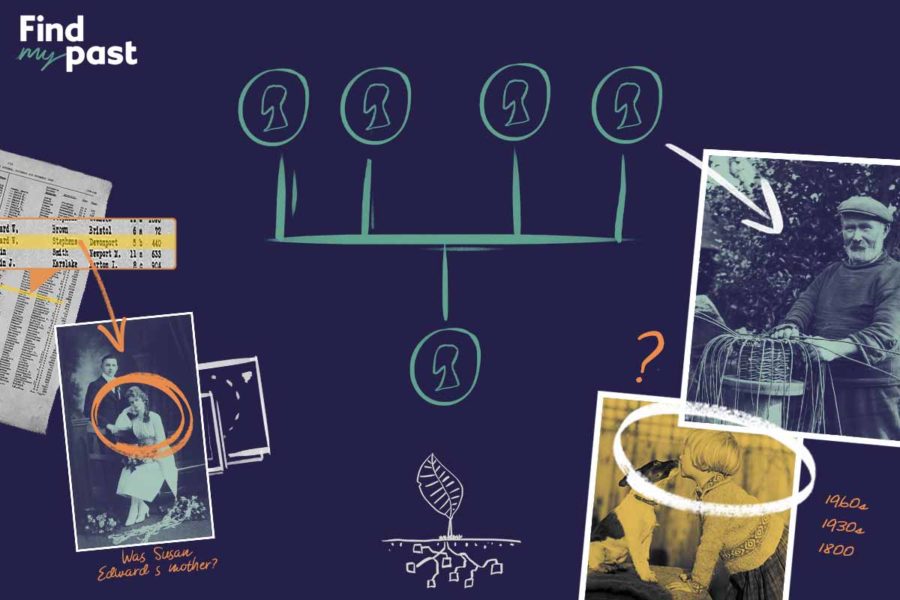
Start discovering your ancestors’ amazing stories with these eight simple steps from family history website, Findmypast.
The celebrities appearing on Who Do You Think You Are? may seem incredibly lucky to have their family stories revealed, but most people don’t realise that almost anyone can now access the historical records used by show’s experts.
Genealogy used to require careful study, cross country trips to local archives and hours spent pouring over dusty tomes.
But now, with a wide variety of apps, websites like Findmypast and other resources, your ancestors and their incredible stories are just a few clicks away.
Enjoy 20% off a 3 month or 12 month Plus or Pro subscription to Findmypast.
To redeem this offer, click the above link to visit the Findmypast membership page and follow the steps to subscribe.
For Republic of Ireland residents, please click here.
1 – Get started
First things first, sit down and make a note of everything you already know, focusing on names, dates and locations. This will form the basis of your initial research.
Quiz your relatives to see what they remember. Every detail can help, no matter how trivial.
Ask older family members first as they’re more likely to have encountered some of the people you’re researching, or to have heard stories about them.
Search the attic. Check old photographs, letters or documents and other heirlooms for clues to the past.
2 – Search online
The billions of records now available online contain a wealth of information for building out your family tree.
When searching for ancestors, it’s always best to start off broad by searching for a name and year of birth.
Once you have a better idea of what, where and who you are looking for, you can narrow things down from there.
3 – Build a family tree
The best place to store your discoveries is in an online family tree.
Many online tree builders, including Findmypast’s, are free, easy-to-use and jam-packed with useful features like ‘hints’ which will do a lot of the hard work for you.
Hints automatically match the names, dates and locations you have logged for each ancestor to potentially relevant records as well as common ancestors stored in the family trees of other users – allowing you to directly benefit from existing research.
4 – Explore birth, marriage and death records – the essential building blocks
Civil registration in England & Wales began in July 1837 and the General Register Office (GRO) has recorded the details of all births, marriages and deaths ever since.
Their meticulously kept records are widely available online and will provide you with all the information you need to identify ancestors and uncover previous generations.
They can reveal:
– Where and when your ancestors were born, married or died
– The names of your ancestor’s parents
– The name of your ancestor’s spouse
– The names of your ancestor’s children
These records will also provide you with the details you need to order copies of original certificates from the GRO website. Certificates will provide you with even more detail to aid you in your hunt.
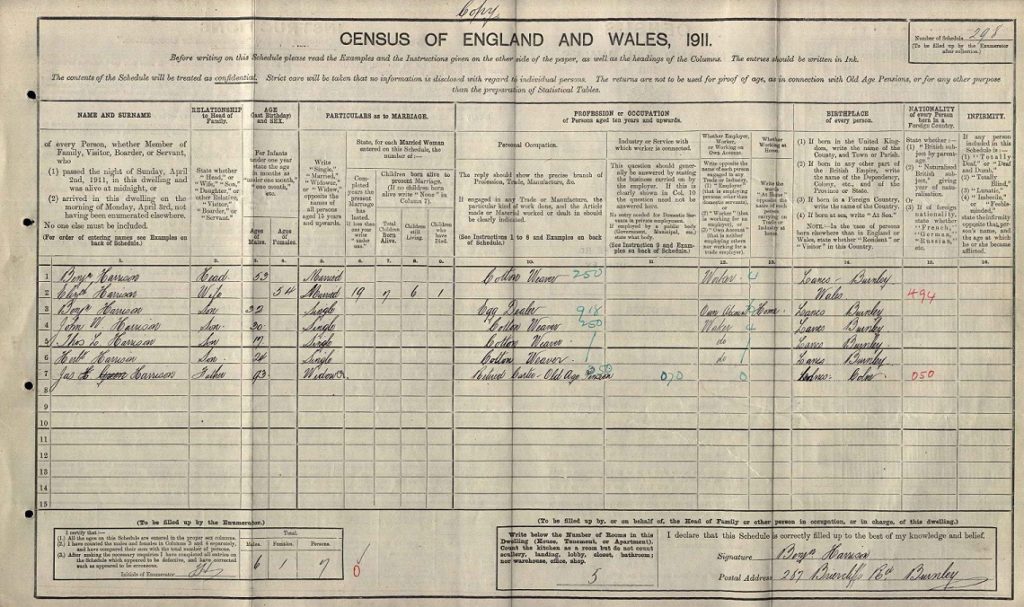
5 – Become a census detective
Now easily accessible on many websites, censuses have been taken in Britain every decade since 1801 (barring 1941, when war prevented it).
Complete censuses for England and Wales are available online from 1841 and due to data protection laws, the latest census we can search online dates from 1911.
The 1921 Census will be the next census to be published, only at Findmypast in early 2022.
Censuses can provide a wealth of information about your ancestor and those they were living with.
You will often find information for entire family units in one record. This will include;
– Names
– Ages
– Addresses
– Places of birth
– Occupations
– Relationships to the head of the household
– ‘Infirmities’ and much more
The amount of information contained and the regular nature of these documents make them one of the best tools at your disposal for jumping back through the generations. Use the details you find in the 1911 Census to search for your family in 1901. After repeating this process going back decade by decade, you should find yourselves in the 1840s in no time.
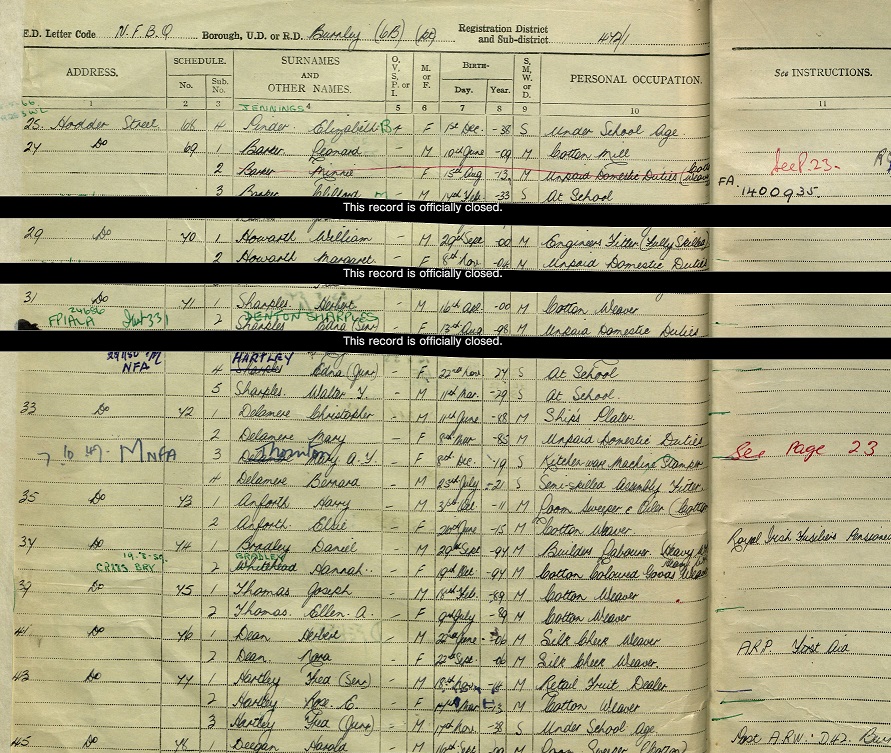
6 – Find wartime relatives with the 1939 Register
A more recent resource that is not technically a census but provides similar details is the 1939 Register. One of the most important 20th century genealogical resources for England and Wales, the Register plugs a vital gap in British records and is one of the best resources available for starting family history.
The 1931 Census was destroyed by fire. No census was taken in 1941 because of the war. So the 1939 Register is the only national census-like resource available for this period.
Once war became inevitable the British Government knew they had to issue national identity cards. They planned for the wide scale mobilisation of the population and the eventual introduction of rationing.
The most recent census was now almost a decade old, so more up-to-date statistics were needed. Some preparations had already begun for the 1941 Census, so the government capitalised on this to take a register of the civilian population. They issued identity cards immediately afterwards (which were used until 1952).
The Register is immensely detailed and covers every household in England and Wales. Like a census, it can tell you a lot about how your ancestors lived or be used to explore the history of your home.
You can find out if your ancestors had servants or staff, who their neighbours were, how many children they had and what they all did for a living. Each record will typically include each household member’s:
– Name
– Exact full date of birth
– Address
– Marital status
– Occupation – due to the important nature of the document, this is highly accurate with 9 million unique occupations recorded
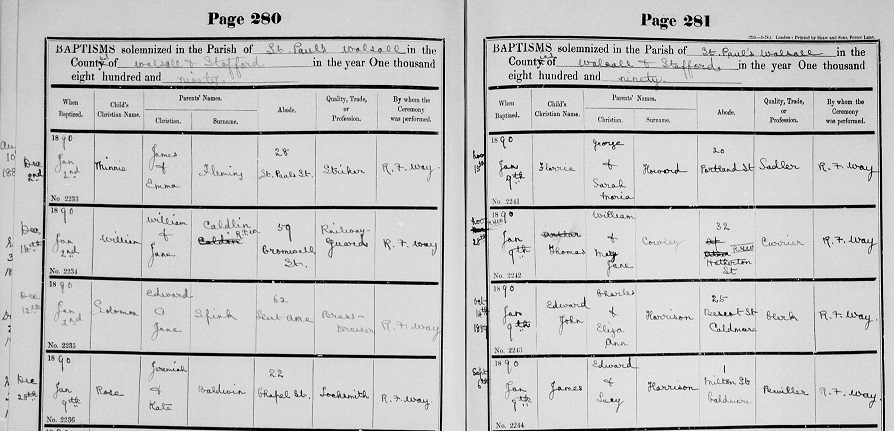
7 – Search parish records
Between 1538, when Britain split from the Catholic Church, and 1837 when the responsibility for keeping records was taken on by the government, the chief source of records of daily life are parish records.
Parish records provide a fascinating look not just at your family history, but also at the history of our society, with details of baptisms, marriages and burials dating all the way back to the reign of Henry VIII.
They are also an excellent way of jumping back through the generations and adding new branches to your growing family tree.
As well as revealing essential dates and locations surrounding key life events and biographical details such as occupations, residences and religious denomination, baptism and marriage registers will provide the names of both parents (including mother’s maiden name) and essential information on your ancestor’s spouse.
This information can then be used to search for the previous generation to discover their birthplaces, birth dates and the names of their parents.
Repeating this process is essential for tracing your roots back through the centuries.
Millions of parish records from all corners of the country now can be explored with ease as more and more county councils digitise their archives making them available online.
Findmypast is home to the largest collection of British parish records online.
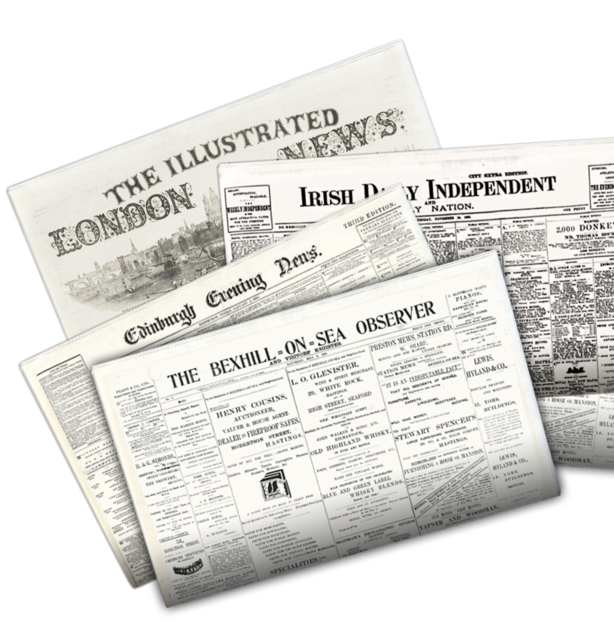
8 – Check the news
Historical newspapers are an incredible resource as they can provide rare insights into the daily lives of your ancestors. Local papers include more than just announcements of births, marriages and deaths. Articles may report visitors to and from town, the settling of estates, land sales, advertisements for the family business and more.
Local newspapers also provide a glimpse at major national – and local events, through the eyes of the community. The role and story of significant events, such as the World Wars or tragic events of the devastating worldwide flu epidemic of 1917-1919 are reported through a local lens, allowing you to further understand an ancestor experiences within their local community.
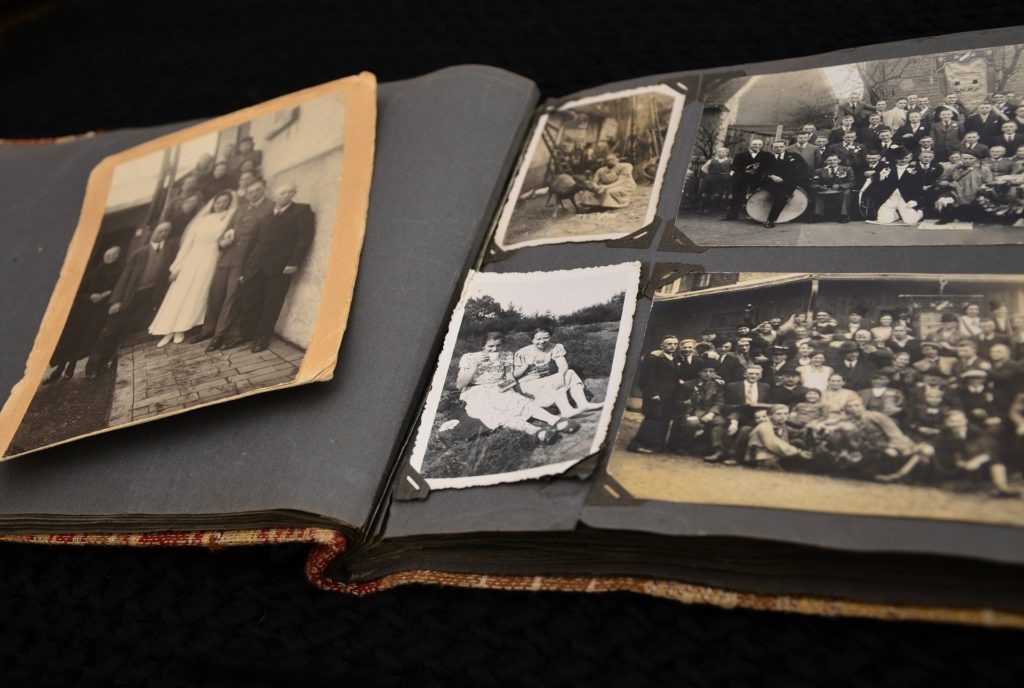
9 – Tell their story
Once you’ve grown your family tree, it’s time to add some colour to your research by taking a closer look at the life your ancestor lived.
Amongst the billions of records available online, you will find a wide variety of documents that can help you learn a surprising amount about the defining moments of their lives.
Use the details you have uncovered so far to search for your forebears in;
– travel and migration records – find out where they went, why and who they travelled with
– Crime and punishment records – were they a perpetrator or victim of crime? Learn about the nature of the offence and the punishment that followed
– Government & institutional records – Find out if they ended up in the workhouse, joined a trade union, ended up in court or represented a society
– Military records – uncover details of their military service such as where they fought, the rank they held, the wounds they received, the medals they won, physical descriptions and more
– Education & work records – uncover details of their education and working lives
– Directories and social histories – find out if your ancestor owned a business and explore their local community
The online world has made piecing together the puzzle of your past easier than ever before. Just don’t blame us when ‘15 more minutes’ turns into the wee hours of the morning.
With more records and resources released online every week, there has never been a better time to become a family historian.
Enjoy 20% off a 3 month or 12 month Plus or Pro subscription to Findmypast.
To redeem this offer, click the above link to visit the Findmypast membership page and follow the steps to subscribe.
For Republic of Ireland residents, please click here.
